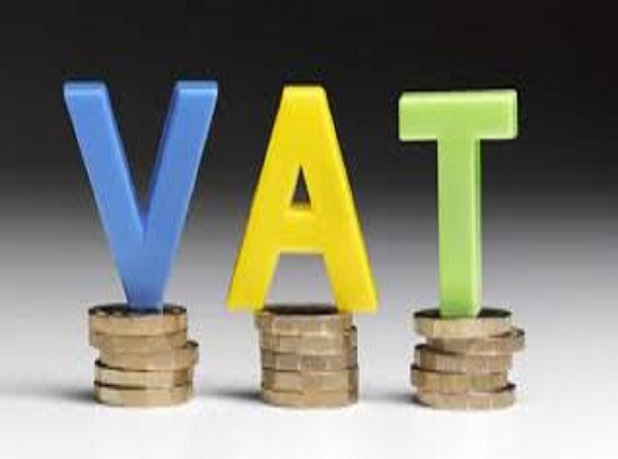In the second quarter of 2024, Nigeria’s corporation income tax (CIT) increased by 151% due to a push for collection by the Federal Government.
According to the most recent National Bureau of Statistics (NBS) data, the CIT increased from N984.61 billion in the first quarter of 2024 to N2.47 trillion in the second quarter, a 150.83 percent increase.
“The Federal Government’s motivation to extract more revenue from the firms is probably stronger and better than it was in the past, which explains the growth in corporate taxation. There have also been certain changes in tax rules, which are to blame for the increase in corporate income tax,” said Uchenna Uzo, a professor of marketing at Lagos Business School.
According to him, more tax collections will probably result in higher federal government revenue, which will provide the government more money to fund development initiatives.
“The country’s economy will benefit if the company income tax revenue is allocated to developmental projects as it will improve the business environment,” Uzo explained.
He claimed that businesses will shift the cost to customers, which might have an effect on inflation.
From N1.55 trillion in the second quarter of 2023, the CIT climbed by 59.4% annually.
The country’s corporation income tax rate would be lowered by 5%, according to a proposal made by the Presidential Fiscal Policy and Tax Reforms Committee, in an effort to increase revenue collection. This would facilitate commercial transactions and draw in more foreign and domestic direct investment.
The Federal Inland Revenue Service (FIRS) said in July that there were 170,000 more taxpayers in the nation as a result of a 20% increase in the compliance rate.
Femi Olarinde, the chairman of FIRS’s special adviser, reportedly said as much during a Thursday media briefing, according to the News Agency of Nigeria (NAN).
According to Olarinde, he saw that the country’s growing number of enterprises, corporations, and industries led to an increase in the number of taxes.
As part of the comprehensive reforms proposed to change the fiscal space, tax landscape, and business environment, Taiwo Oyedele, the chairman of the Presidential Fiscal Policy and Tax Reforms Committee, revealed recently at a public consultation and stakeholder engagements in Abuja that his committee had taken into consideration the need to incentivise more companies to operate in the nation, create jobs, and stimulate economic activities.
“Nigeria’s present corporate income tax rate is 30%, and the objective is to cut it by 5% to encourage businesses to operate here. This will lead to significant investments in new projects, expansion of operations and unlock economic opportunities,” he explained.
He made clear that the committee’s recommended measures aim to bring down the nation’s tax burden to just ten.
According to Oyedele, “there are currently over 200 unofficial levies and about 60 officially approved taxes and levies in Nigeria, which has negatively impacted the economy and increased business costs.”
“The goal is to reduce them to a single digit, which will enhance compliance and facilitate tax payment,” he added.



